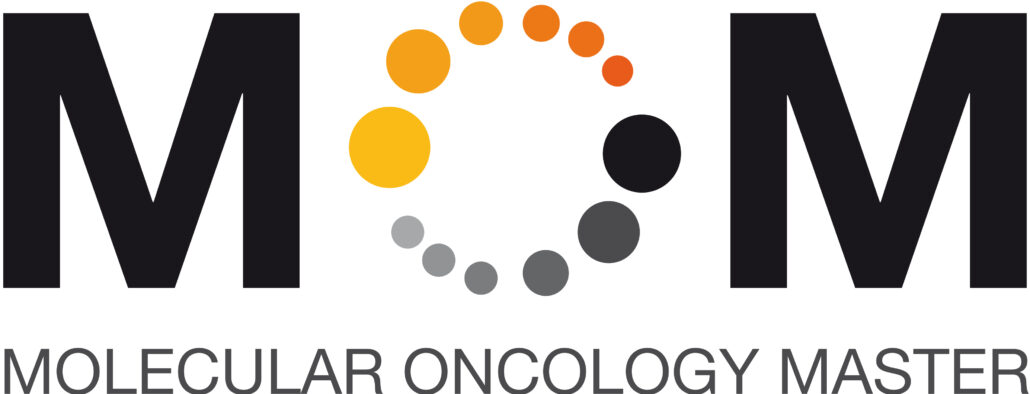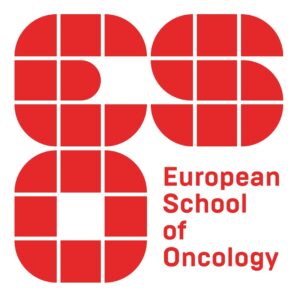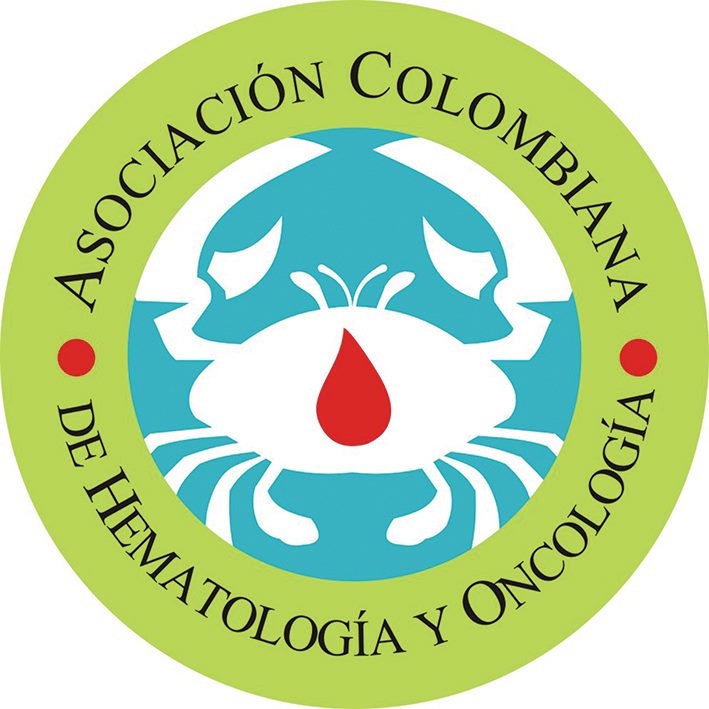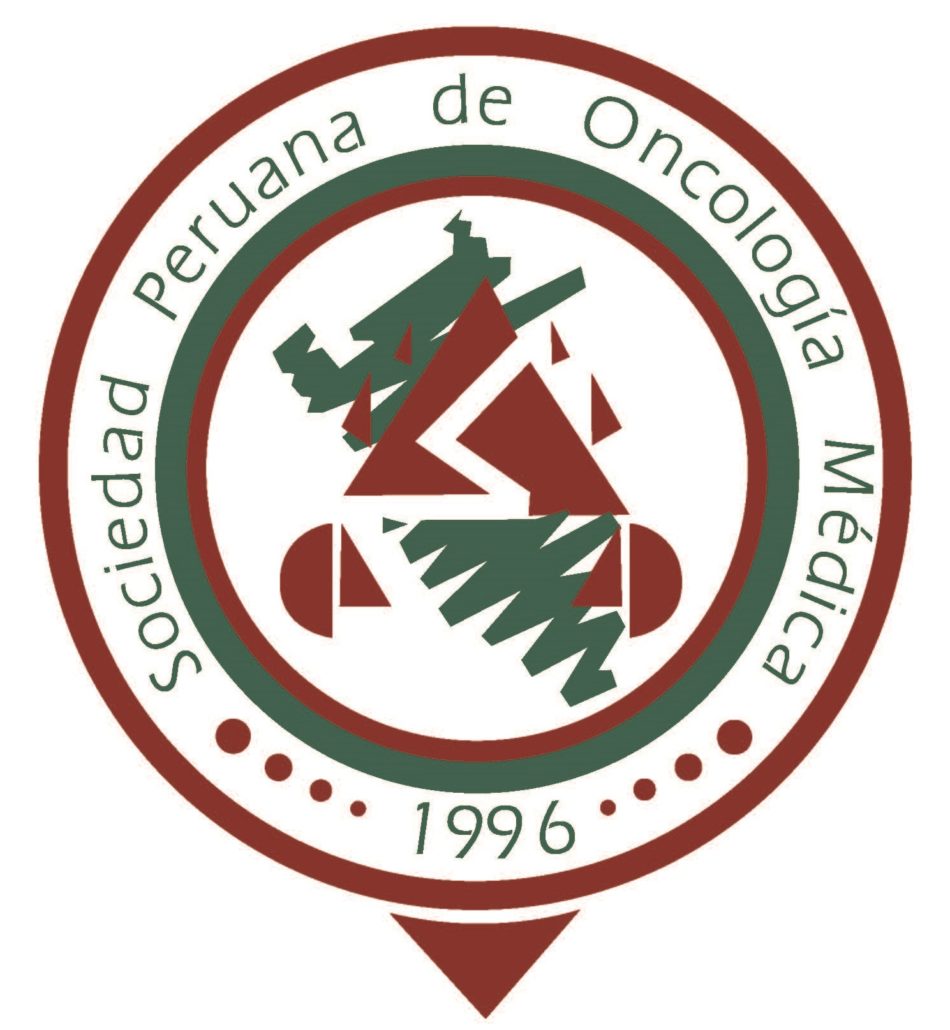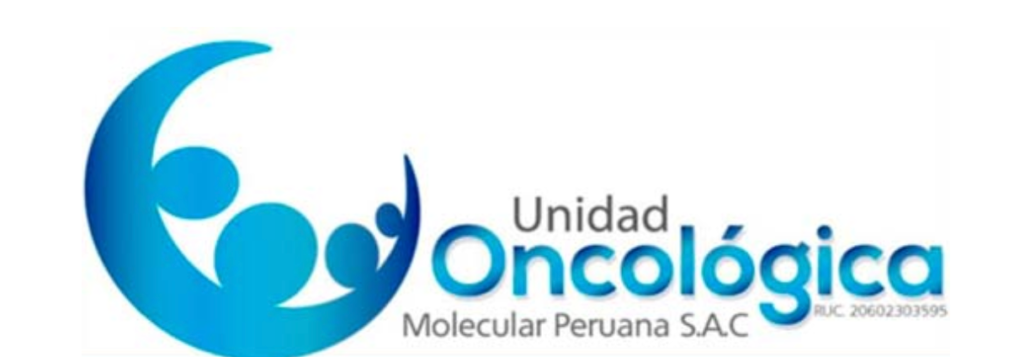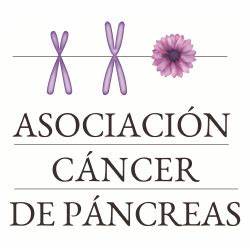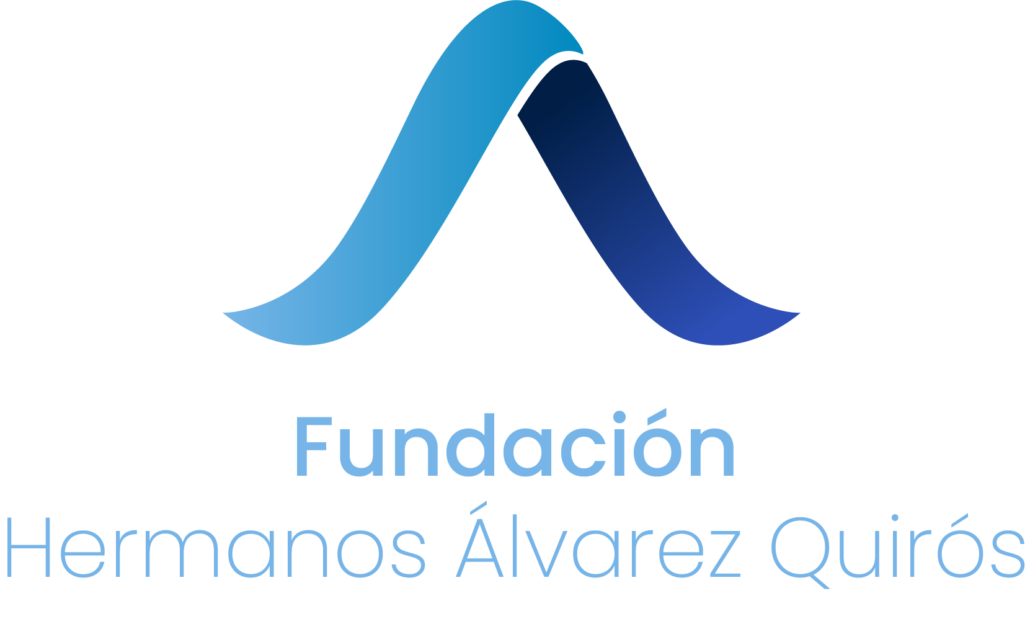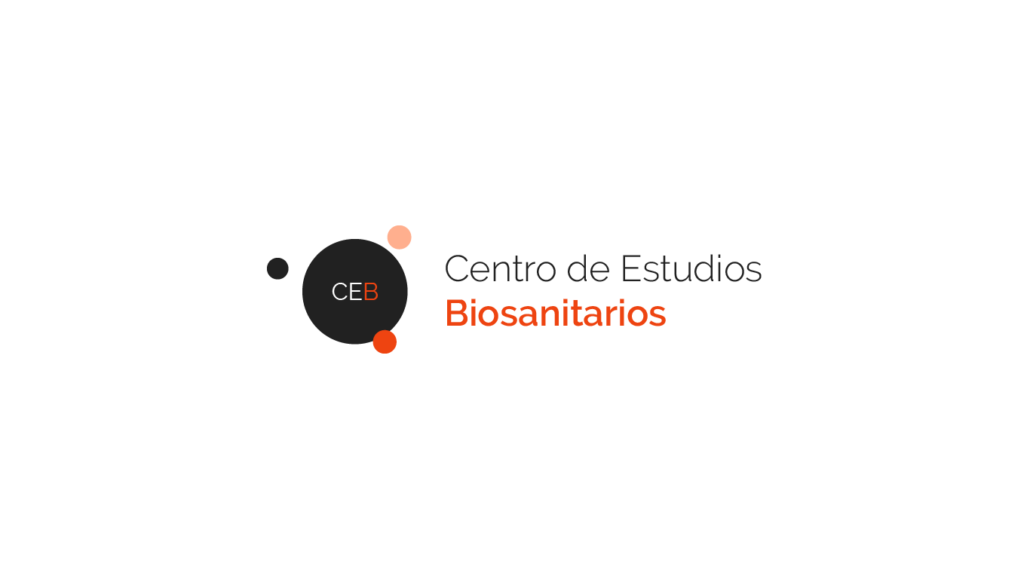The European School of Oncology recommends the Master in Molecular Oncology,
and we are endorsed by SEOM, SEAP and SEHH in Spain, and ACHO and UOMP in Latin America.
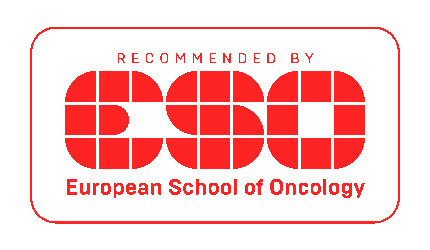
100% Online Training
All our courses, programs and masters are completely online, hosted on our own digital academic platform.
English / Spanish
Training is provided in Spanish and English: recorded classes, contact with teachers, evaluations, etc.
Academic Excellence
Our students receive updated training in the scientific processes and developments that are used today in the different biosanitary professions.
What is MOM?
The MOM offers training in Molecular Oncology based on a multidisciplinary vision of the tumor disease, which has a positive impact on the care aspect.
The student will have access to
- Basic knowledge about the origin and development of cancers.
- Methodology of basic and clinical oncology research.
- Phenotypic expression patterns of tumors.
- Therapeutic approaches based on molecular pathways involved in carcinogenesis.
This program provides the cutting-edge training that oncology specialists require in the 21st century. Today, excellent clinical practice is inconceivable without knowledge of the molecular basis of the disease, and without a diagnosis, prognosis and treatment based increasingly on the molecular markers of each patient.


Why do a master's degree in Molecular Oncology?
Advanced Training
State-of-the-art clinical practice
Diagnosis, prognosis and treatment based on the patient’s molecular pattern allows for state-of-the-art clinical practice. New therapeutic strategies are based on specific inhibitors of molecular targets, or on blocking or activating certain pathways. It is essential to provide training that allows professionals to learn about the molecular basis of cancer and patients to benefit from this knowledge.
Research Advances
Oncology in the 21st century is based on advances in research. Only a common translational research effort can bring these advances to the patient’s bedside. Research and training are the essential tools to address cancer in daily clinical practice. If any one of them is missing, the approach to the patient will not be correct.
Academic Program
Credits 60 ECTS
Contents
- Molecular basis of cancer
- Proto-oncogenes and oncogenes
- Tumor suppressor genes
- Cellular processes involved in carcinogenesis
- Molecular pathology techniques
- Molecular pathology in the clinic of solid tumors.
- Molecular pathology in the clinic of hematological tumors.
- Methodology of clinical research in oncology.
- Risk factors in neoplasms
- Pharmacology and antitumor agents
- New molecular therapies
Modality
The student accesses the recorded classes through the e-learning platform of the Centro de Estudios Biosanitarios . The presentation used by the professor during his presentation will be made available to the student. The student will be able to send queries to the teachers from the e-learning platform.
Duration
12 months.
Academic starting
September.
Qualification obtained
Master’s degree in Molecular Oncology
Private degree awarded by the Centro de Estudios Biosantiarios and recommended by European School of Oncology (ESO).
Academic and Scientific Advisory Board
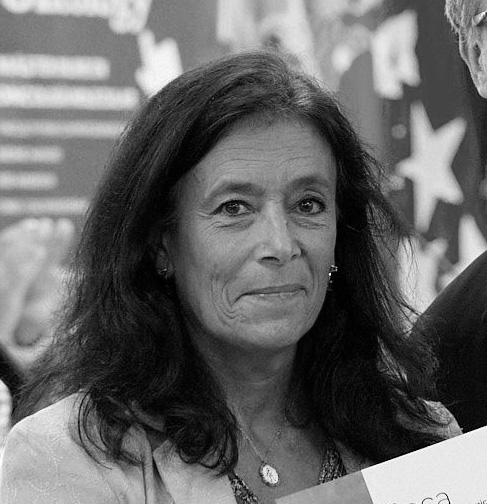
Dr. Mónica López Barahona
Chief Academic Officer
D. in Chemical Sciences from the Complutense University of Madrid. General Academic Director of the Center for Biosanitary Studies.
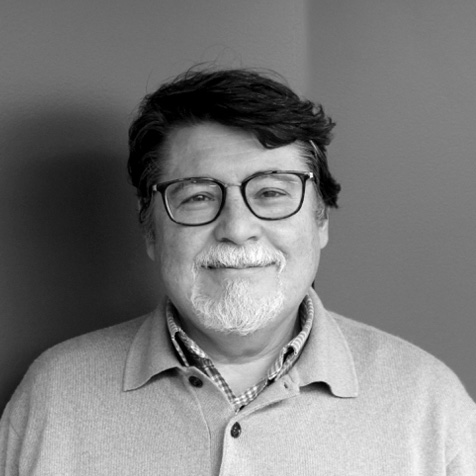
Dr. Javier León Serrano
D. in Pharmacy from the University of Cantabria. Professor of Biochemistry and Molecular Biology at the University of Cantabria.

Dr. Miguel Ángel Piris Pinilla
Doctor in Medicine and specialist in Pathological Anatomy. Associate Medical Chief of the Anatomic Pathology Department, Hospital Universitario Fundación Jiménez Díaz, Madrid.
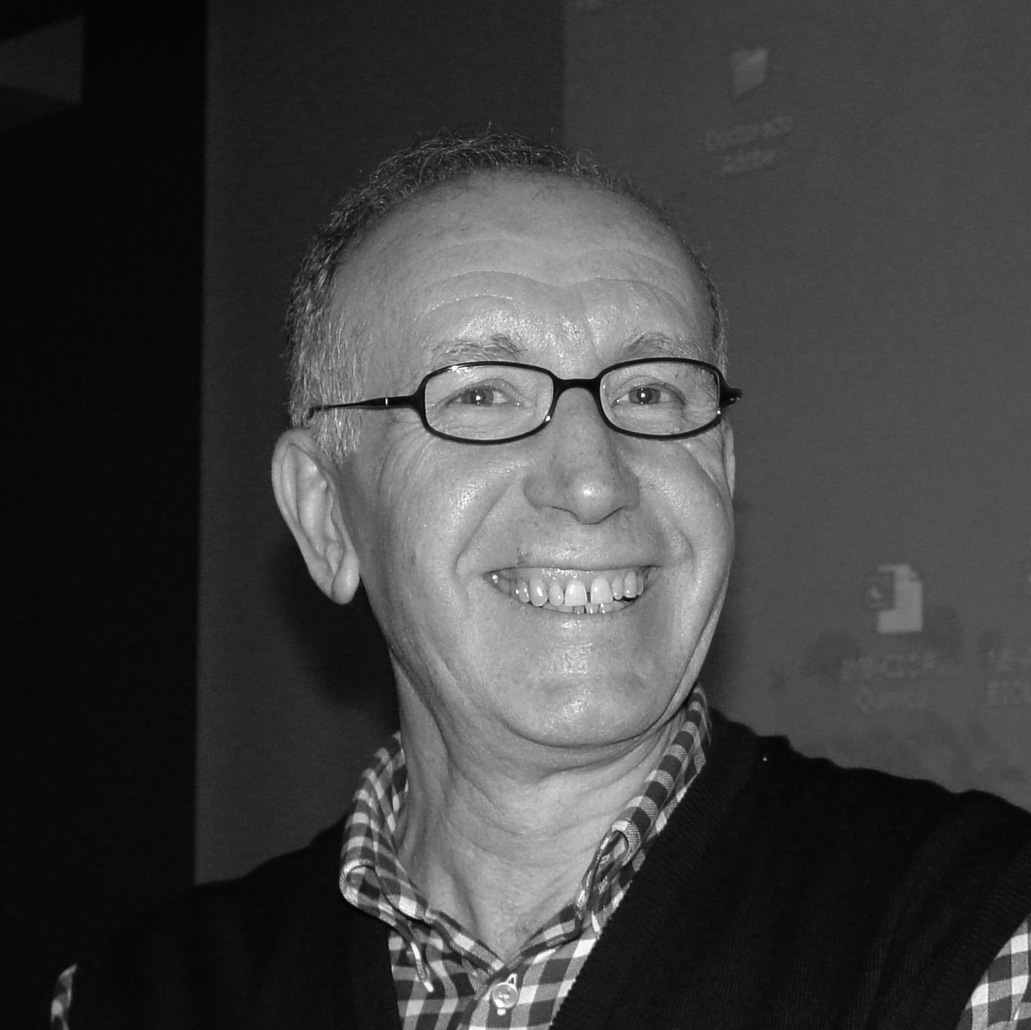
Dr. Félix Bonilla Velasco
Physician and Doctor by the Faculty of Medicine of the Universidad Autónoma de Madrid: specialist in Internal Medicine and Medical Oncology.
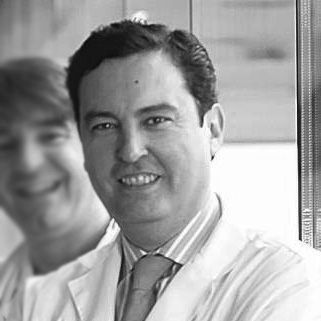
Dr. Manuel Durán Poveda
D. in Medicine and Surgery from the Universidad Complutense de Madrid. Chief of General and Digestive System Surgery Department, Hospital Universitario Rey Juan Carlos de Madrid. Professor at the Universidad Rey Juan Carlos.
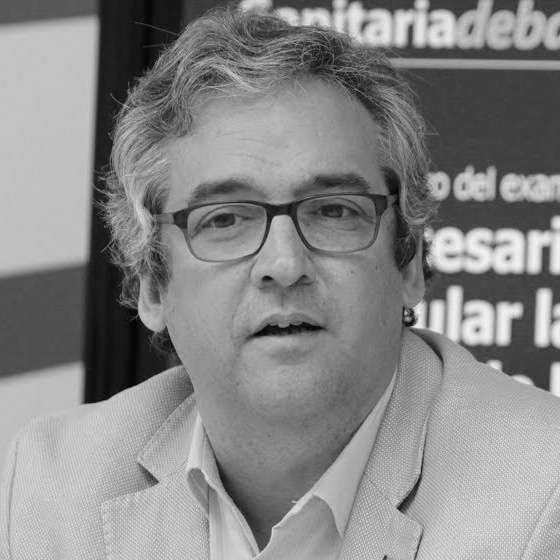
Dr. Jesús San Román
Director of the Department of Medicine and Surgery, Psychology, Preventive Medicine and Public Health and Immunology, Medical Microbiology and Nursing and Stomatology, Faculty of Medicine, Universidad Rey Juan Carlos de Madrid.
Faculty
The Master’s Degree has an international faculty of excellence, composed of professionals and researchers from institutions such as Harvard-Beth Israel Deaconess Medical Center, MD Anderson Cancer Center, Consejo Superior de Investigaciones Científicas (CSIC), Vall d’Hebron Institut de Recerca, among others.
Requirements and Admission
To whom it is addressed
Specialists in Anatomical Oncology
Specialists in Pathology
Hematology Specialists
Radiotherapy Specialists
Other bachelor's or doctoral graduates in the biosanitary field
with interest in tumor disease
Selection and deadlines
To take the Master's degree, the applicant must have a bachelor's degree in the biosanitary area. It is necessary to send your updated CV in order to be evaluated by the Academic Direction.
Admission
Send CV to:
Eva Galián
egalian@ceb.edu.es
Price
COST OF THE MASTER’S DEGREE
The cost of the program is 7100 €. For more information, contact to egalian@ceb.edu.es
SPECIAL DISCOUNTS
– 50% discount to MD specialists who meet these two conditions: the student is under 30 + the student comes from low-income country from the attached list.
– 10% discount exclusively for students doing the Residency
– 5 % Special discounts for membership in professional associations (ESMO, ASCO, ESO and IAP).
Not cumulative discounts. Only students who do not receive a scholarship can benefit from these discounts.
For more information, please contact egalian@ceb.edu.es

Call 2025-2026 | Scholarships
STUDY SCHOLARSHIPS COURSE 25-26
ORDINARY CALL OPENED
The Center for Biosanitary Studies (CEB) opens the Scholarship Call for the 2025-2026 edition of the Master’s degree in Molecular Oncology.
Call dates: from April 3 to May 8, 2025
Bases of the call
-You can check the scholarship basis in this link
-You can apply in this link

